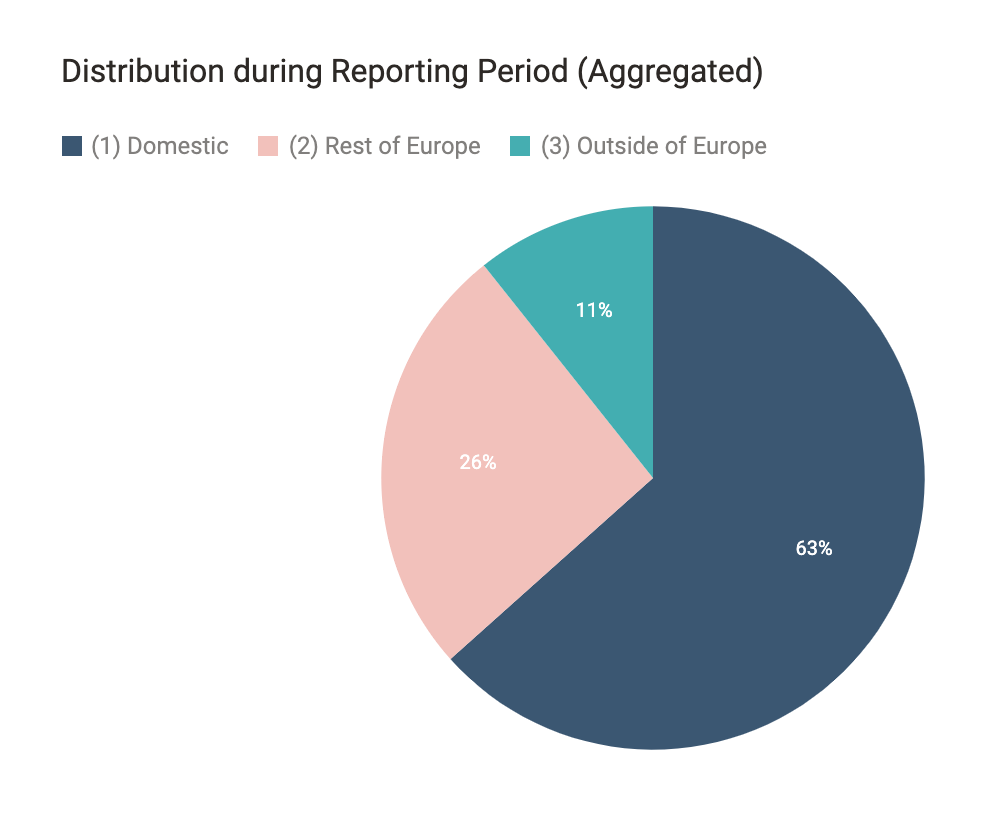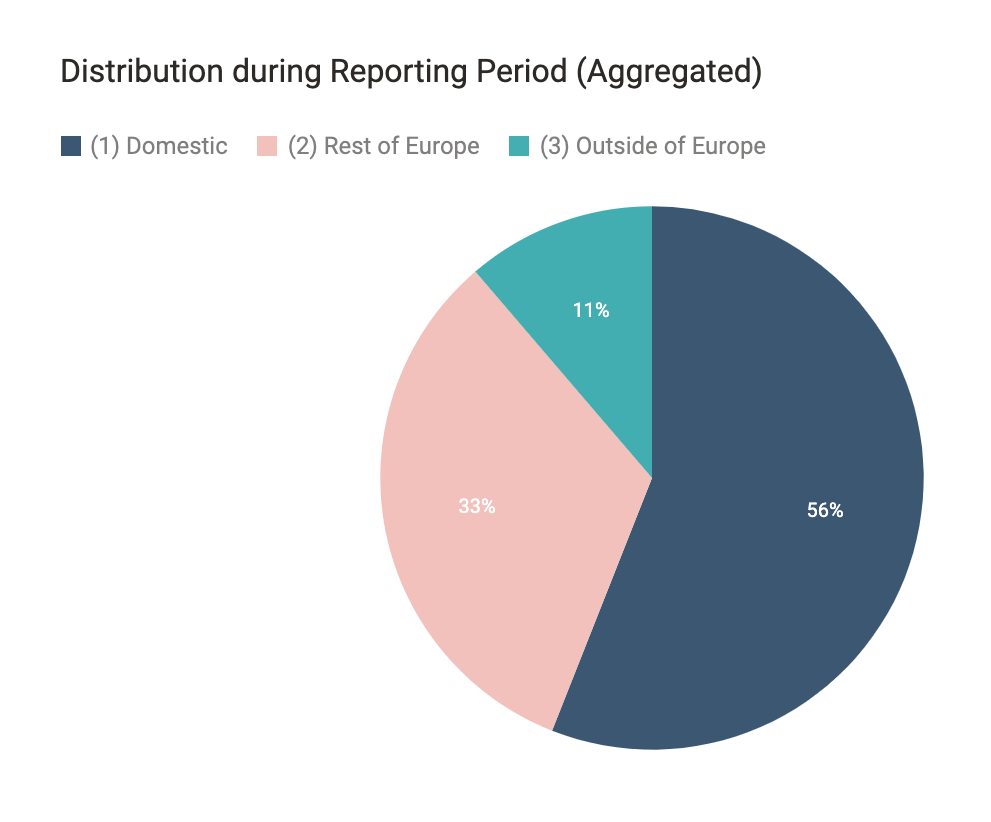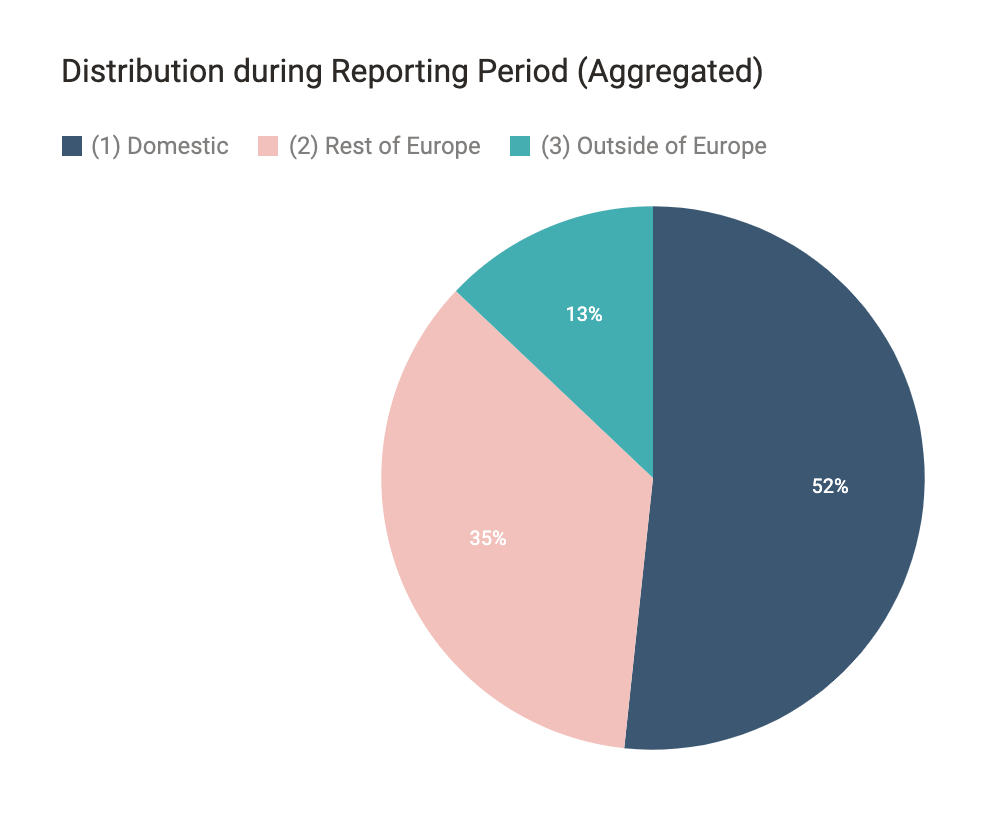
In many markets over the last 4 months, hotels have been able to capitalise on the pandemic pent-up demand and deliver great staycation experiences for their guests.
NB: This is an article from Bookassist
Hotels in many cases had to re-direct their targeting efforts to that different segment since international travel dried up. It’s great to see that so many hotels (though sadly not all) have been able to experience a bumper summer as a result.
Subscribe to our weekly newsletter and stay up to date
Among the cohort of our hotel clients, we’ve seen quite a few experience very high booking levels during this past summer. Typically this was countryside hotels, destination hotels, places where people could feel they were “getting away” but still feel safe in the familiar environment of their own country. What was special about this phenomenon also was that a majority of those bookings were direct via the hotel website. Direct was strong, no question about it.
There are two main reasons for this direct upsurge I suspect. First is that the hotel website is where people can be sure of getting detailed information about the measures hotels are taking in the pandemic to keep their family and loved ones safe – so while accessing that info, they booked there also. Second is that locals don’t need to search OTA websites to have a feel for what’s available in their own country, they probably know already – so they start searching for known hotels or use local search on Google maps for destinations they like and end up on hotel websites directly, no middleman needed.
A Certain Sense of Complacency?
However, in discussions with some hotels recently, I’ve noticed a certain complacency about their direct performance that gives me cause for concern. Some have kept marketing budgets low, believing that direct is performing “just fine” without more spend. Others have said that doing website upgrades or targeting competitive seasonal offers is not that important right now, they’re already filling nicely on their websites.
Isn’t that just great! Well I hate to be the bearer of bad news (in truth it’s just the voice of reason) but such hotels are heading for a nasty surprise if they think that their direct business uplift is just going to continue at recent levels without being nurtured.
If we look at summed and normalised behaviour of hotels across Bookassist’s European marketplaces over the last 3 months, we see interesting developments in the split between local business, business from other European countries (intra-Europe) and business arriving from outside Europe (extra-Europe).
Firstly, the total number of bookings has increased by almost 19% in that period, so a recovery is underway. But look specifically how the staycation-dominant domestic market is (inevitably) now declining as travel returns.



As intra-Europe travel returns it has grown from 26% in July to 35% in September, while extra-Europe travel remains low at 11%-13%. This latter will soon begin to grow substantially as the US and Asia inbound markets begin to gather steam in the last quarter of 2021 and into 2022. And obviously that large domestic share will continue to drop sharply.
Right now, lead times for bookings are also exceptionally low, with more than 60% of bookings taking place for the same month. We can also expect that lead time to lengthen as more and more confidence in the market remaining open comes back.
That combination of lengthening lead time with international and intercontinental travel return means that OTA searches will increase and OTA marketing will become more and more relevant (and successful).
Hotels need to be preparing now to get back into the fight. They need to get their marketing and segmentation geared up for a return to less domestic business and more aggressive competition with OTAs.
Can hotels retain high direct share? I believe many can. Recent events have proven that direct is a channel that customers will embrace when it brings real value – whether that value is increased information and security and or genuine monetary value and differentiation. There is no longer any doubt that direct can work.
But hotels can’t take it for granted and they need to fight, now and continuously. They need to actively target with renewed marketing online. They need to ensure websites are compelling and professional. They need to ensure their providers give them conversion-oriented technology. They need to ensure they do not lose control of their rate. And they need to make it crystal clear that the best value is to be found on their websites so that people do not feel the need to check elsewhere, ever.
Complacency is always something to be avoided.




